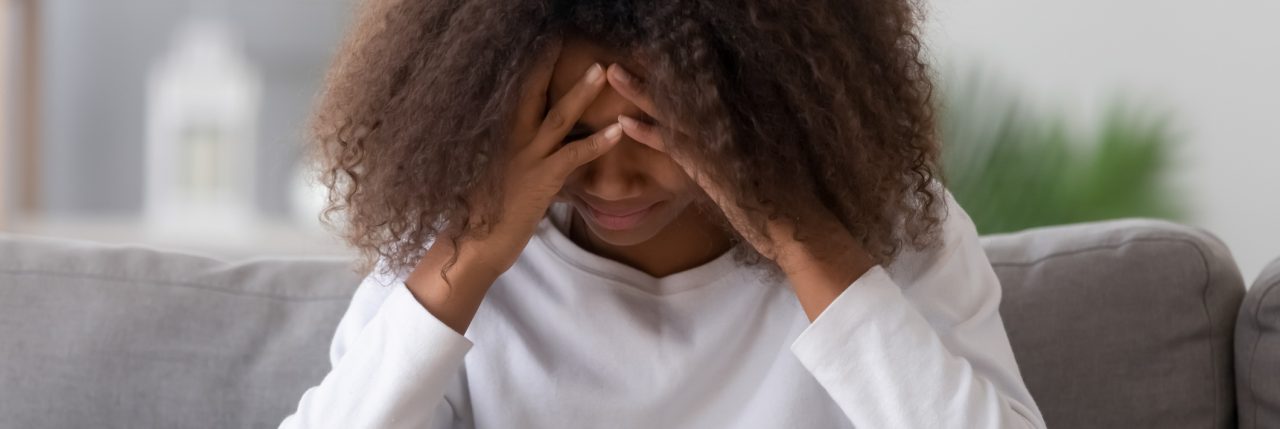It has been a challenging year for all Americans marked by inequities in healthcare, justice, and mental health care. Unfortunately, these inequities are not new. Studies show that only about a fifth of Black Americans who need mental health receive it. Apart from barriers in health insurance, there has been long-running discrimination in medicine, making it hard for Black people to find mental healthcare. It is for this reason that peer support has been gaining popularity.
What are peer support groups?
Peer support groups are based on mutuality, where people who have or are going through similar experiences meet, listen, share and encourage each other. In the United States, peer support groups vary in availability and requirements according to state.
In Massachusetts, for example, peer support groups are headed by certified peer specialists specially trained by the Massachusetts Department of Mental Health. CPS programs oversee classes and mental health support groups. They also help out in hospitals with day treatment programs and emergency services.
The National Alliance on Mental health has a range of Recovery Support Groups and Peer Peer programs. Local sections of DBSA (Depression and Bipolar Support Alliance) also contain parent support groups for people living with the individuals who go through these conditions. New roles for peer support include peer bringers and forensic peer specialists to assist those trying to transition back to the community after leaving mental health institutions.
Studies show that peer support groups are a more engaging form of treating mental health issues than traditional mental health hospitalizations. Unfortunately, existing peer support options don’t address aspects of shared experiences like ethnicity and race.
Affinity groups
Affinity groups come to feel the racial and cultural gap left by peer support groups. A good example is Black Voices: Pathways 4 Recovery, an affinity group for Africans living in the US seeking a safe space to discuss what it’s like to live in Black America.
Affinity groups support health and recovery by allowing members to discuss coping with family or racism while still recovering from mental health issues. There’s so much to vent about as a Black American, and normal peer support groups may not provide the most engaging program.


